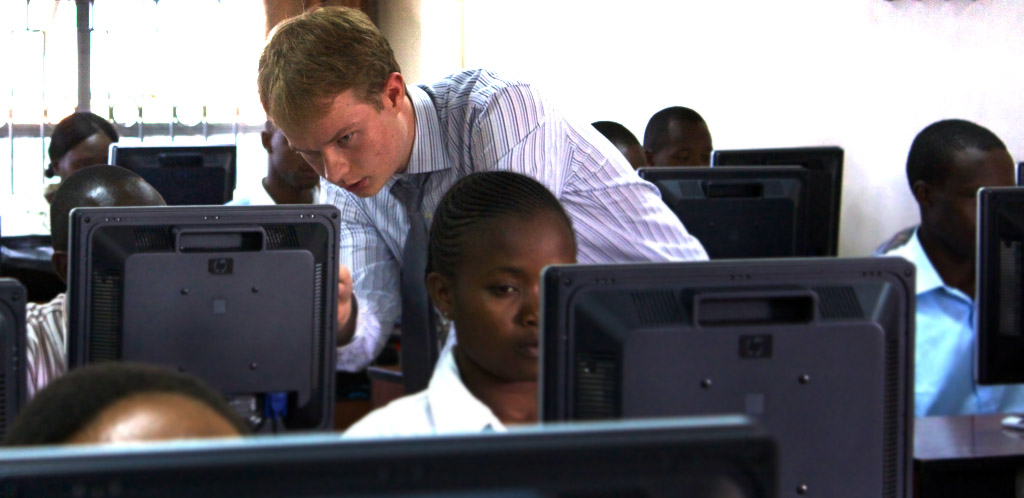
Africa is becoming increasingly attractive to international investors, and the growth in its human capital is also very exciting. This new generation of makers, doers, inventors, venture capitalists, bloggers, policymakers – the "Cheetah Generation" as the Ghanaian economist George Ayittey has called them – are the hungry grassroots who have been let down by their governments. All they want to do is reshape the continent.
Africa has never been talked about this much and – yes – there is a reason of why a continent once perceived as problematic and unattractive is suddenly the hottest date in town. From economists, investment bankers, would-be philanthropists, well-meaning donors, and business experts, to arrogant, know-it-all people who failed the continent in front of our eyes but still deny it, more than ever, everyone is interested in our continent.
It can be amusing to see international companies discussing the attractiveness of Africa for investment and yet criticising China for being canny in its approach to investment on the continent. Despite being attracted to Africa, those same companies are not willing to make a risky investment on its soil: it will take lots of convincing for investors from emerging markets to consider putting money into grassroots developers in Kenya, Tanzania, Rwanda or Senegal.
China might not be the model partner for Africa based on its human rights record and transparency, but the Chinese are doing something tangible in Mozambique, Tanzania, and Ethiopia, for example, by building health centres and innovating old colonial infrastructures. They are acting in ways which Africa really needs now.
As an intellectually hungry young girl in Senegal, I was looking for ways to feed my mind with ideas and knowledge; I was passionate about my country and I had the same big dreams as every little girl in the world. At that time, the internet barely existed in the continent: I did not have access to information as I do now – everything was extremely limited and Africa was not wired. Twenty-six years later, not so much has changed.
But what is really clear is that Africa has always been a story for the west, and that social networking services of the kind we see today – such as Facebook and Twitter – did not exist when Africa's stories began to be told at international level.
Today Africans can be proud to see that – despite limited access to the internet (still a long way off for many villages and districts) and limited freedom of expression and information, social media is revolutionising Africa. Egyptians rewrote history this year when they used social networks to bring down their president. Kenyan technology developers and bloggers are using technology to put their country on the world map; East Africa is getting connected with the arrival of fibre optics.
Africa's "cheetahs" are changing their continent by investing seed capital in small businesses such as agricultural programmes, or helping young women to develop small businesses, and social entrepreneurs are bringing their voices to the world stage. These changes and progress deserve more exposure, because they are key to African development.
There is a growing confidence among the African cheetahs. Social networks are talked about in villages, schools, and fast-growing cities where the middle classes are now demanding access to quick information. Africa has never had good PR, but for the first time we are witnessing a paradigm shift in narratives about the continent. Why is that?
One reason is that more transparent, user-generated content is breaking through, with websites holding leaders to account. Africans want to engage and tell their own stories, and they will not let anyone else write for them or tell them what to do. For the first time, Africans have a unique opportunity to do it themselves, something they have always been asking for. With access to computers, mobile devices and internet connections, free social networks can enhance power of expression on the continent.
With the new media revolutionising Africa, the time has come for Africans to blow their own trumpet and make their government accountable and for the international development community to redefine its communication strategy in Africa and become more transparent, as they now have the opportunity to engage with the Cheetah Generation.
The Cheetah Generation is just what Africa needs now: the combination of the determination of this new generation and the opportunities offered by social networks could form a great alliance that challenges African leaders and builds communities that can take action from a little tweet right to the street.